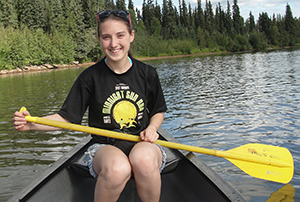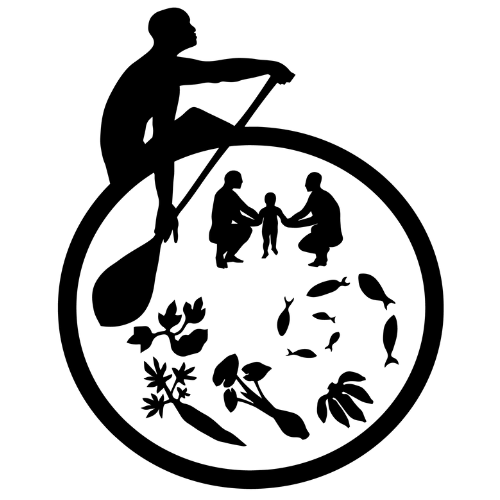
Alaska Project Manager
Institution: University of Alaska Fairbanks; Center for Alaska Native Health Research
Education:
- BA: Neuroscience, minor in Spanish
What early experiences influenced you to work in childhood obesity prevention?
I’ve always been interested in health, which is why I studied Neuroscience as an undergraduate. Obesity has been linked to increased risk for Alzheimer’s disease and stroke, so obesity prevention is a key factor for maintaining cognitive health as we age. As I look to continue my education, I am excited about the prospect of exploring the relationship between obesity, the brain, and cognition.
What advice would you give high school or undergraduate students that want to get into your professional field?
Keep an open mind. When I finished my undergraduate degree, I had a very specific idea about what I should be doing with a degree in Neuroscience. However, I’ve found that I have a lot more opportunities before me than I originally imagined. I think the most important thing you can do is learn how to communicate. Learn to work well with people and be a leader in your community. With those skills you can succeed in any field.
What do you think Alaskans will gain from the CHL program?
I think that the Alaskan people will benefit from learning about the advantages of eating local, Alaska-grown food. Traditional Alaskan foods like wild berries and salmon are more nutritious than store-bought foods, and when you harvest them yourself it’s a great source of physical activity! By continuing to provide nutrition education and promote local food, particularly among low-income individuals and families, we can significantly improve the diet of many Alaskans and support a more integrated, local food system in the state.
What does an average day look like for you?
Typically my day consists of e-mails, meetings, phone calls, and working at my desk. After work I go to yoga, play volleyball with friends, ice skate, or go for a ski/jog (depending on the season). Then, I’ll cook dinner, make a cup of tea, and read before bed.
What advice would you give caregivers of young children about best lifelong health practices related to CHL-connected efforts?
In the short time that I have worked with caregivers, I have realized that the most important thing you can do to instill lifelong healthy habits in young children is to be a positive role model. Be passionate about eating healthy and being active. Get excited to try new things, and share that excitement with your children.
What do you love about where you live (island, state)?
I love all of the opportunities for hiking, climbing, and rafting in Interior Alaska. I love the sense of community in Fairbanks, and everyone’s willingness to help and support each other. Most of all, I love catching a glimpse of the tallest peak in North America on my way to work every morning-it never ceases to amaze and inspire me!
